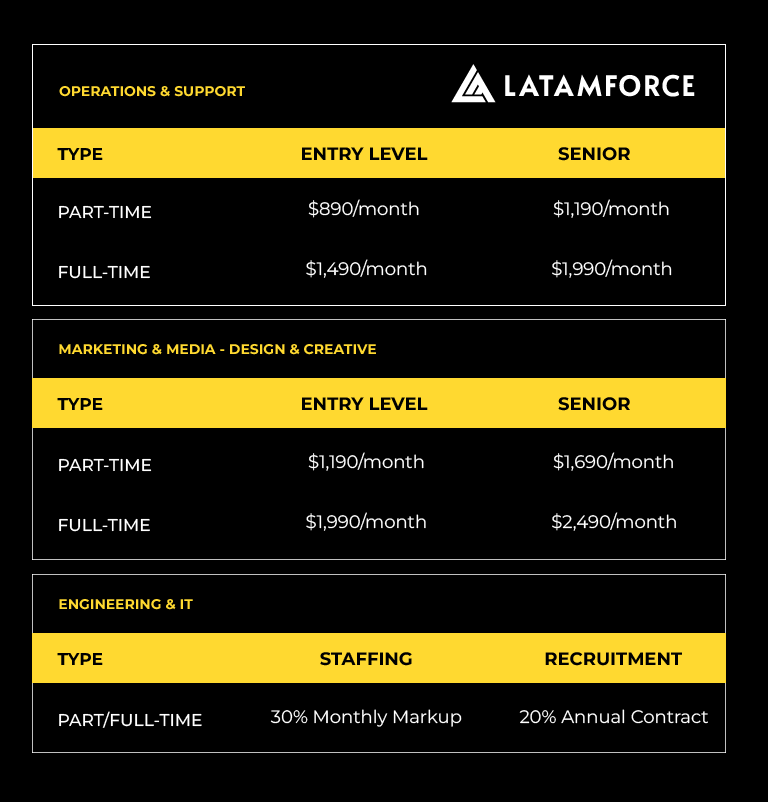Remote Work: A Key Factor in Attracting Diverse Talent
A recent analysis by LinkedIn has found that many Black, Latino, and female job seekers prefer to work from home, and are applying for remote positions at a higher rate compared to their white and male counterparts.
The platform saw a 20% increase in the share of female applicants applying to fully remote jobs between January 2019 and October 2022, while there was a decrease in male applicants over the same period.
The analysis also found a significant increase in interest in remote jobs among Black and Latino people.
Remote work has been particularly attractive to Black workers, who have reported that it allowed them to escape some of the biases they faced in the office. Women with children have also found it beneficial for balancing work and home life. However, there are career downsides to staying home, such as the persistence of “proximity bias” where just being seen in the office can affect performance evaluations, promotions, and job security.
A recent survey found that remote workers are more likely to be seen as lazy by their in-office colleagues, which could negatively affect women and workers of color who already face challenges at work.
Remote work can widen the pool of applicants and promote equity and inclusion. As the number of remote jobs decreases and more companies ask people to return to the office, it will become increasingly important to consider remote work as a factor in attracting diverse talent. Andrew McCaskill, a LinkedIn career expert, suggests that remote work may be the deciding factor when it comes to hiring a diverse team.
“As we start to look at the talent pools and the opportunities for equity and inclusion, remote work has to be a thought process as it relates to how talent will ultimately gravitate towards companies that lean into flexibility”
Andrew McCaskill
In addition, the LinkedIn analysis indicates that remote work has become increasingly popular among underrepresented groups, such as Black, Latino, and female job seekers. However, the persistence of “proximity bias” and other challenges suggest that there are still obstacles to overcome in achieving equity and inclusion in the workplace. Nonetheless, remote work can be a valuable tool in widening the pool of applicants and promoting diversity. As companies consider their strategies for attracting diverse talent, it is important to consider the benefits and challenges of remote work and its potential impact on the future of work.
Want to learn more about the future of remote work? Contact Latamforce!





